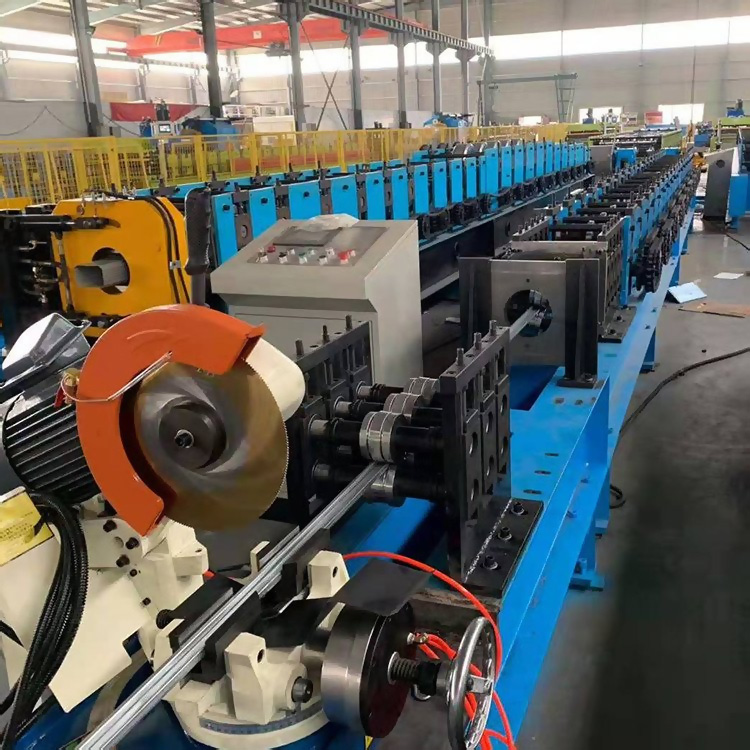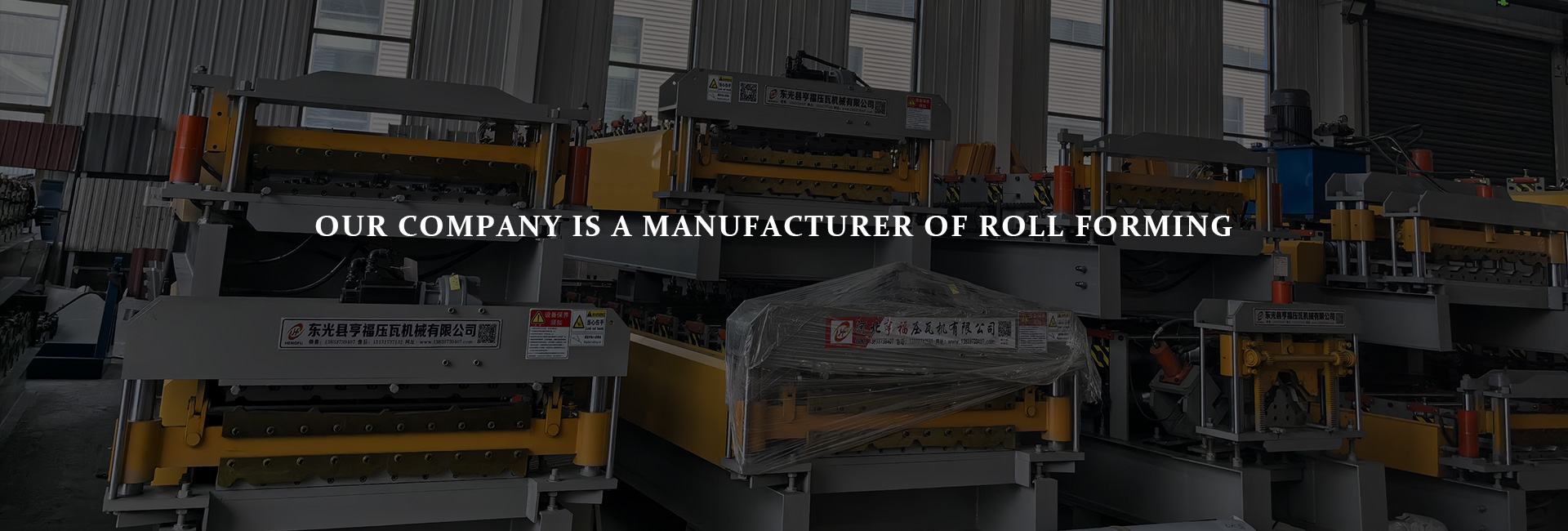Tips and Advice for Choosing the Best Downspout Forming Machine
writer:Hengfu release time:2024-10-01 23:29:46 Views:148frequency
In the construction and manufacturing industries, a downspout forming machine is essential for producing high-quality downspouts and drainage pipes. Choosing the right machine can significantly improve production efficiency and ensure product precision and durability. This article provides tips and advice on selecting the best downspout forming machine, helping you make an informed purchasing decision.

I. Understanding the Main Types of Downspout Forming Machines
1. Manual vs. Automatic Forming Machines
Manual Forming Machines: Suitable for small-scale production and businesses with limited budgets. They are easy to operate but have relatively lower efficiency.
Automatic Forming Machines: Ideal for large-scale production, offering higher production efficiency and stability. High automation reduces human intervention and operational errors.
2. Cold Bending vs. Hot Bending Forming Machines
Cold Bending Machines: Form metal sheets through cold processing, suitable for producing standard downspouts. They offer higher precision with lower energy consumption.
Hot Bending Machines: Form metal sheets by heating them to high temperatures, suitable for producing special shapes or handling thicker materials. These machines are ideal for high-strength materials.
3. Single-Station vs. Multi-Station Forming Machines
Single-Station Machines: Ideal for producing a single type of downspout, easy to operate, and suitable for small-scale production.
Multi-Station Machines: Capable of performing multiple operations, such as forming, cutting, and trimming, making them suitable for large-scale production with diverse product requirements.
II. Key Factors to Consider When Choosing a Downspout Forming Machine
1. Production Capacity
Determine the required production capacity, including the production speed, maximum material thickness, and width the machine can handle. Choose a machine that matches your production needs to ensure efficiency and quality.
2. Material Compatibility
Ensure the machine can process the materials you use, such as galvanized steel, stainless steel, or aluminum alloy. Different materials may require varying processing parameters and machine settings.
3. Equipment Stability and Precision
Opt for a machine with high stability and precision to ensure that the downspouts produced meet the required specifications. Inspect the manufacturing process and key components, such as the forming rollers and feeding system, to ensure quality and performance.
4. Level of Automation
Highly automated machines reduce manual operation, improving production efficiency and consistency. Depending on your production scale and budget, select the appropriate automation level.
5. Ease of Operation and Maintenance
Choose a machine that is easy to operate and maintain to minimize training costs and maintenance complexity. Check the user interface, maintenance manuals, and after-sales service options for user-friendliness.
6. Energy Efficiency and Environmental Impact
Pay attention to the machine's energy efficiency and environmental performance. Opt for energy-efficient machines that lower production costs and have a reduced environmental impact. Ensure the equipment meets relevant environmental certifications.
7. Manufacturer Reputation and After-Sales Service
Choose a reputable manufacturer to ensure equipment quality and after-sales service. Research the manufacturer's service network, warranty policies, and technical support to ensure you can receive timely assistance when needed.
III. Purchasing Recommendations
1. Compare Different Brands and Models
When selecting a forming machine, compare different brands and models. Look at their technical specifications, performance features, pricing, and customer reviews for a comprehensive evaluation.
2. Consult Industry Experts
Seek advice from industry experts or technical consultants to understand the latest equipment and technology trends. Expert opinions can help guide you toward the most suitable equipment for your needs.
3. Visit Suppliers
Visit the supplier's production facilities and view equipment demonstrations to assess the machine's actual performance and manufacturing process. Communicate with suppliers to understand their technical capabilities and service commitments.
4. Check Customer Feedback
Review feedback and evaluations from other users to learn about the machine’s real-world performance and potential issues. Customer experiences can provide valuable insights into the machine’s strengths and weaknesses.
5. Consider Long-Term Investment
Invest in cost-effective equipment that takes into account long-term usage and maintenance costs. High-quality machines can not only improve production efficiency but also enhance product quality and market competitiveness.
IV. Conclusion
Selecting the best downspout forming machine requires a comprehensive assessment of production capacity, material compatibility, equipment stability, automation level, ease of use, energy efficiency, and manufacturer reputation. Through thorough market research and technical consultation, you can make an informed purchasing decision and ensure the equipment meets your production needs. If you have any questions about downspout forming machines or need further information, feel free to contact us. We provide professional advice and tailored solutions to meet your needs.







